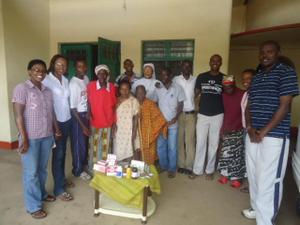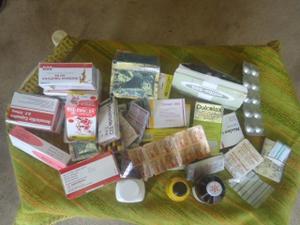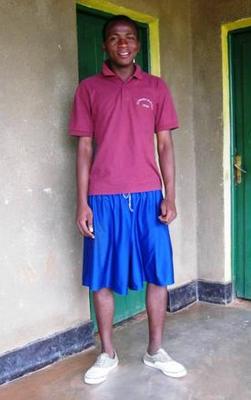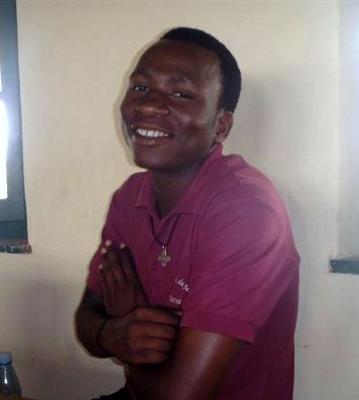The lepers of Nacopa finally have a new home. With a year and a half of labor the twenty houses in which they live, once in ruin, have been rebuilt by the friends of the Sant'Egidio
association of Namitoria.
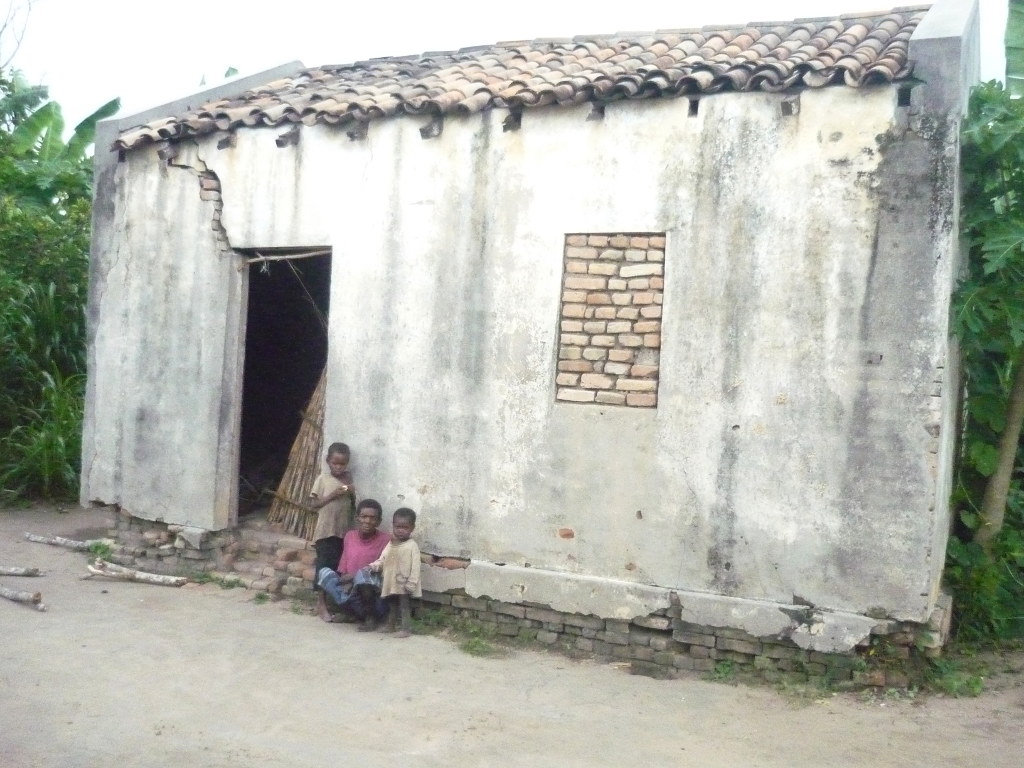 |
| A house before |
Today leprosy is completely curable, no longer a medical emergency in Mozambique and many people that were previously sick have managed to reintegrate into society. This does not mean that some of them don’t still suffer many limitations and continue to need assistance and companionship.
In fact, companionship is what is being experienced for the past ten years by the Namitoria community, a small village in the Angoche district, in northern Mozambique. The community’s members visit the leper colony of Nacopa, which is located nearby, and the forty five guests distribute goods such as food and clothing and organize the annual Christmas lunch.
The friends of Sant'Egidio in the leper colony are mostly senior citizens. They came as children, bringing their sick parents, and once they grew up, since they had nowhere to go, they never left the compound.
However, as the number of sick guests declined, that place was gradually allowed to fall into disrepair. The houses were in terrible conditions, falling apart, and unsafe and without doors or windows.
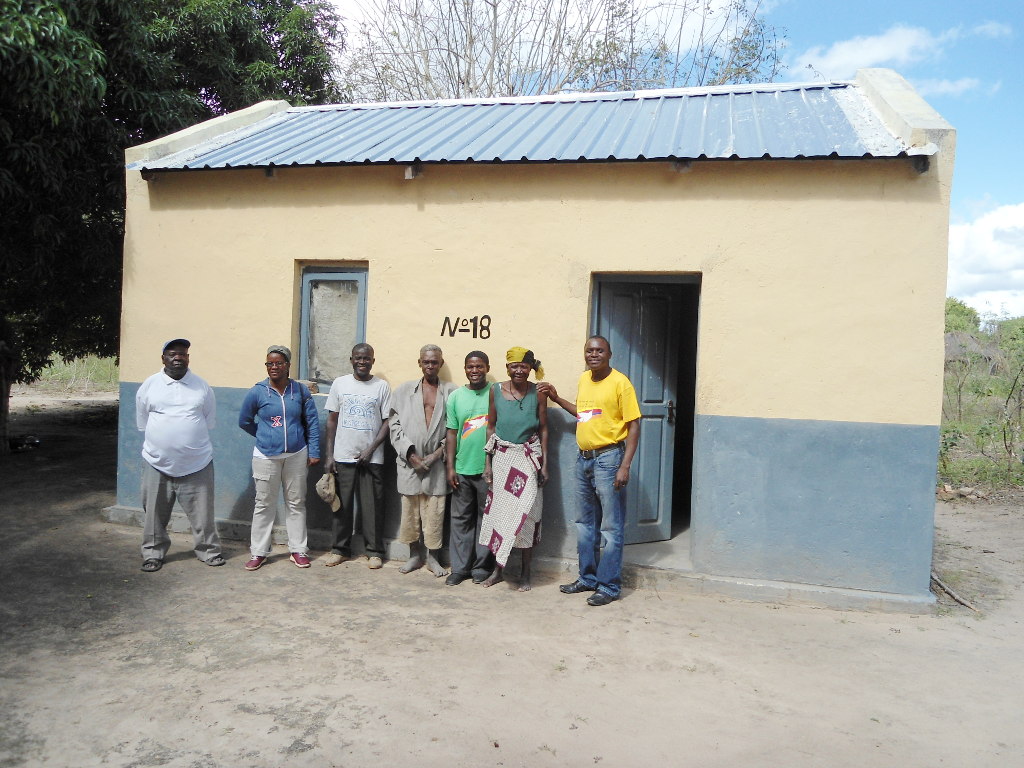 |
| One of the new houses |
The community understood that the situation needed taking care of, to bring some normality and dignity to the small group of recovering sick guests.
Because the house represents the possibility of a different life, it is the sign that that things are beginning to show a change for the better. The brothers and sisters of the community of Namitoria, helped by the efforts of other people from Sant'Egidio, began renovating the houses and then they handed them over to the elderly with an official declaration a "termo de entrega".
It was the end of an emergency, the beginning of a possible future, a normal one. An elderly leper, walking into his new home, said" now I can sleep peacefully. Even if it rains, I will not get wet".





